Educate a Woman, Empower a Nation
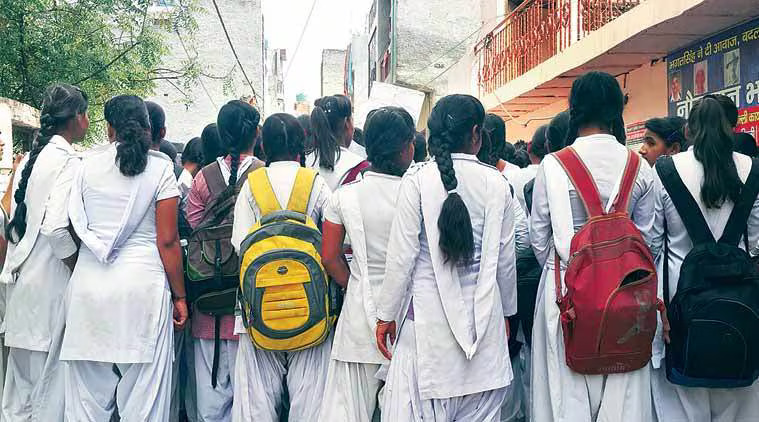
Educating a woman is one of the most strategic decisions a society can make, serving as a powerful multiplier for national development, far exceeding the scope of mere charity. As Mahatma Gandhi noted, educating a woman means educating a nation. This investment goes beyond degrees, helping women build character, confidence, and awareness, thereby transforming them into catalysts who shape progressive families and nurture socially responsible citizens across generations.
Empowerment: Critical Tools
The empowerment gained through education provides women with several critical tools: economic independence, a powerful voice against injustice, decision-making authority within their families and communities, increased social awareness, and crucial confidence and leadership qualities. This empowerment creates a ripple effect where educated women actively mentor others, volunteer, and ensure healthy, progressive households, proving Kofi Annan's statement that no tool for development is more effective than the education of girls.
Women's education is not just a social cause; it is a vital economic engine. Sustainable national growth requires the equal participation of women in the workforce. Statistics show that each additional year of secondary education can boost a woman's income by up to 25%, and a mere 1% increase in female education participation can raise a country’s GDP by 0.3%. Educated women enter formal employment, start businesses, and innovate, diversifying the workforce and strengthening enterprise competitiveness, making their education an economic necessity.
The influence of an educated woman is deeply felt within the family unit, leading to better health and stronger families. Educated mothers make informed decisions about nutrition, family planning, and healthcare. Consequently, their children are twice as likely to survive beyond the age of five, and maternal mortality could drop significantly if women received even just primary education. Education thus acts as a life-saving intervention, ensuring children have a healthier and more productive start to life.
Empowerment and Democracy
An empowered woman also significantly contributes to the democratic fabric of the nation. Increasing awareness and agency have led to sharp rises in women's voter turnout globally and in India. Women who enter public life, often with strong academic credentials, are equipped to lead with vision and integrity. They participate actively in civic debates, demand transparency, question injustice, and influence public policy, making them essential for building accountable and socially inclusive governance.
A key reason for the generational and national impact of women's education is the 90% reinvestment advantage. Research consistently shows that women reinvest nearly 90% of their income back into their families—more than double the male average. This reinvestment is directed towards essential areas like children’s education, better nutrition, and healthcare, making the education of a woman a highly effective investment in sustainable national development rather than an expenditure.
Major Barriers Women Face in Moving Forward
Despite the evident benefits, millions of girls, particularly in rural and marginalized communities, still face significant barriers. These obstacles include a lack of secure transport and school safety, poor sanitation, the digital divide, financial constraints, and ingrained social stereotypes, gender discrimination, and early marriage. As Michelle Obama cautioned, no country can truly flourish if it stifles the potential of its women, underscoring that these barriers are national hurdles.
To overcome these challenges, systemic commitment and key priorities are essential. India’s growth demands an education model that is inclusive, accessible, and equitable. This requires developing safe, girl-friendly schools with proper transport and sanitation, offering scholarships and digital access, providing STEM and life-skills training, and running awareness drives to challenge limiting gender norms.
Furthermore, the implementation of more female educators and mentorship programs is crucial. Government and industry partnerships are necessary to provide opportunities for skills training, internships, and entrepreneurship.
Empowerment cannot happen in isolation; it requires a unified, systemic approach to dismantle the existing societal and structural impediments.
In conclusion, education for women is not charity or a favour; it is a fundamental right and a necessary pillar of nation-building. Jawaharlal Nehru's famous words—"You can tell the condition of a nation by looking at the status of its women"—perfectly encapsulate this truth. India’s path to inclusive development, economic leadership, and cultural progress is directly dependent on the commitment to uplift and educate its daughters.
Would you like me to elaborate on any of the specific benefits, such as the economic or health impacts?
When we educate a woman, we empower a family.
When we empower women, we build a nation.
(Author is a Principal in a Dehradun college, Uttarakhand.)

 3 months, 2 weeks ago
3 months, 2 weeks ago


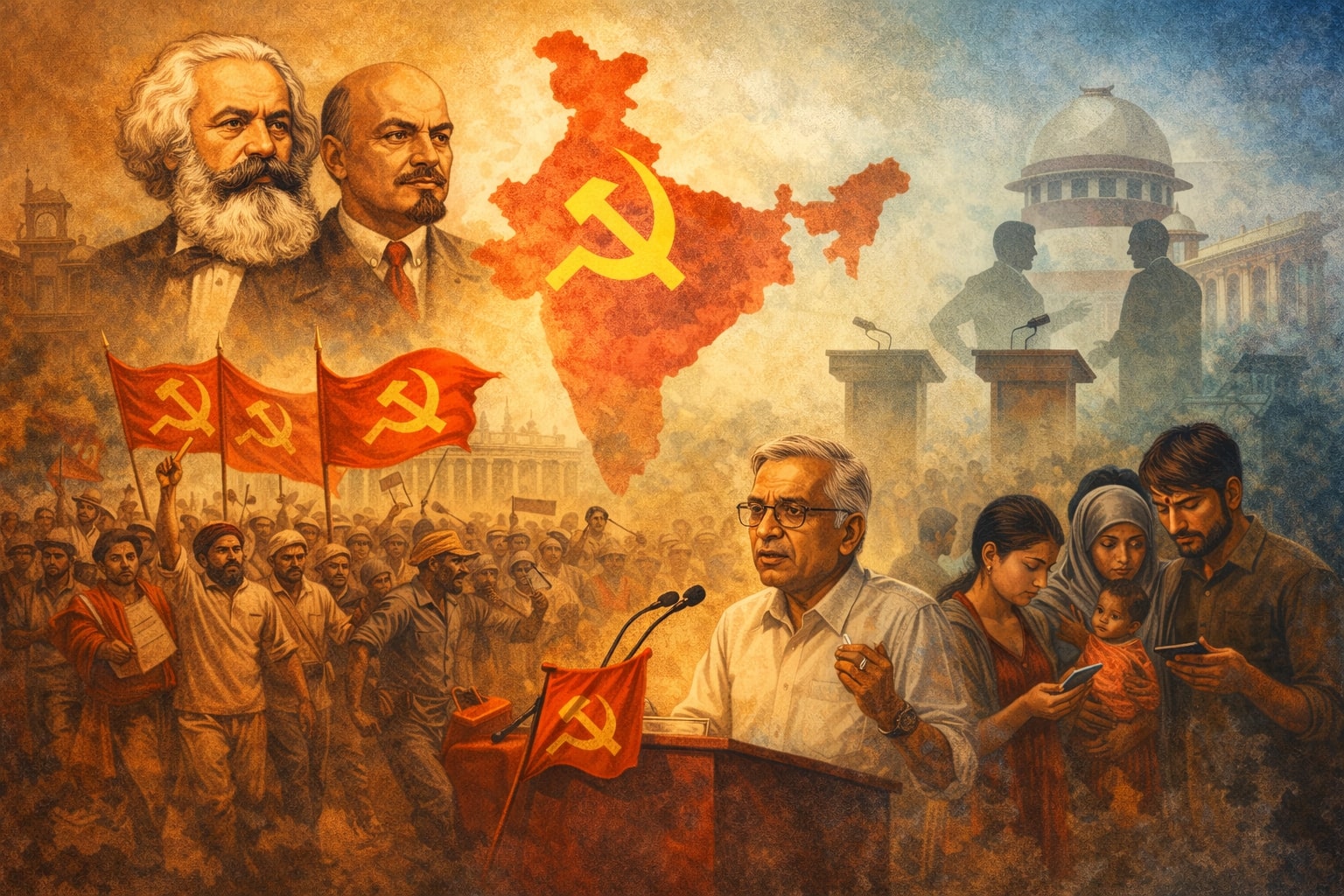


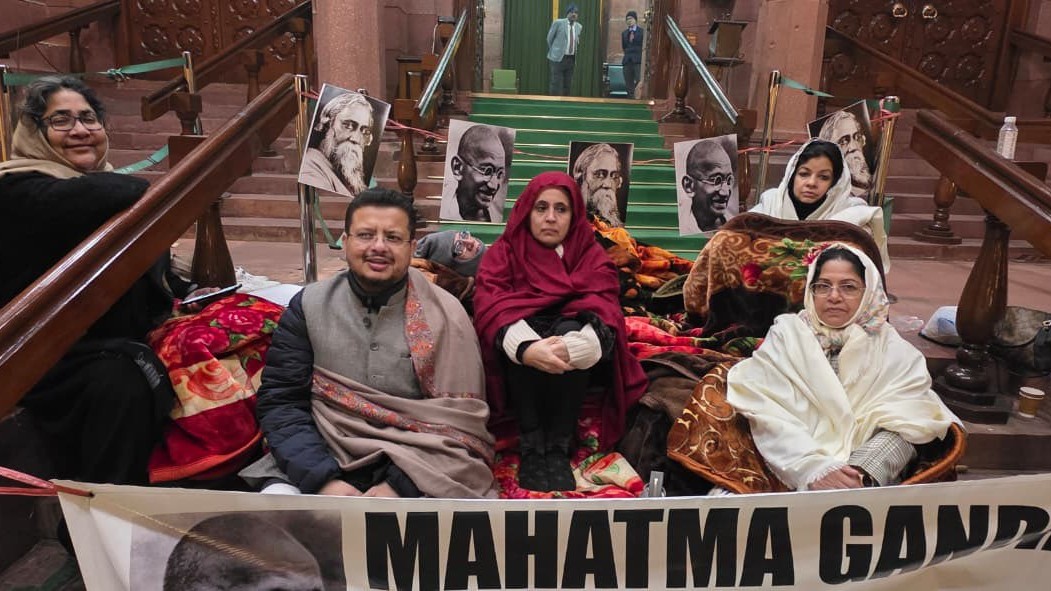



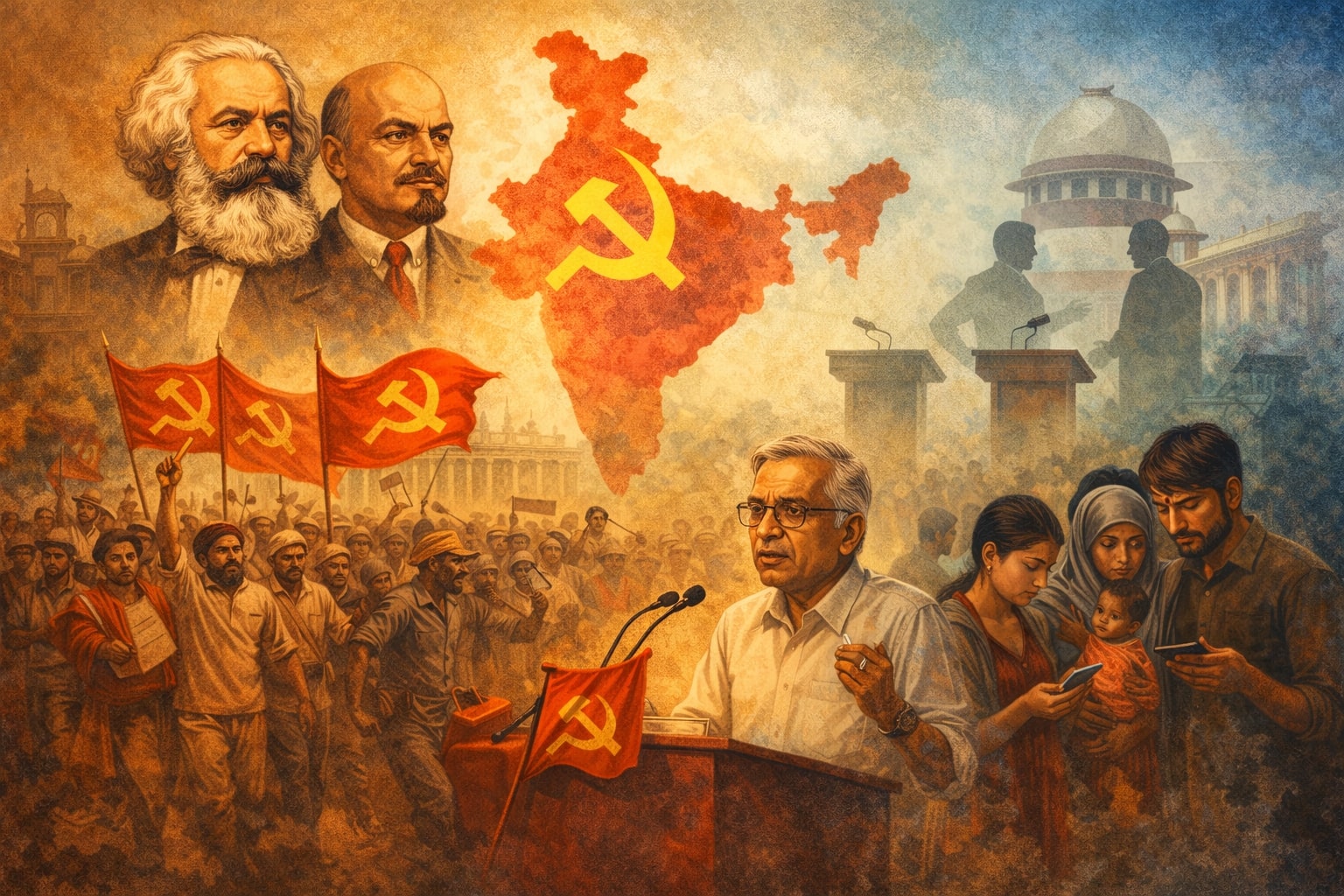
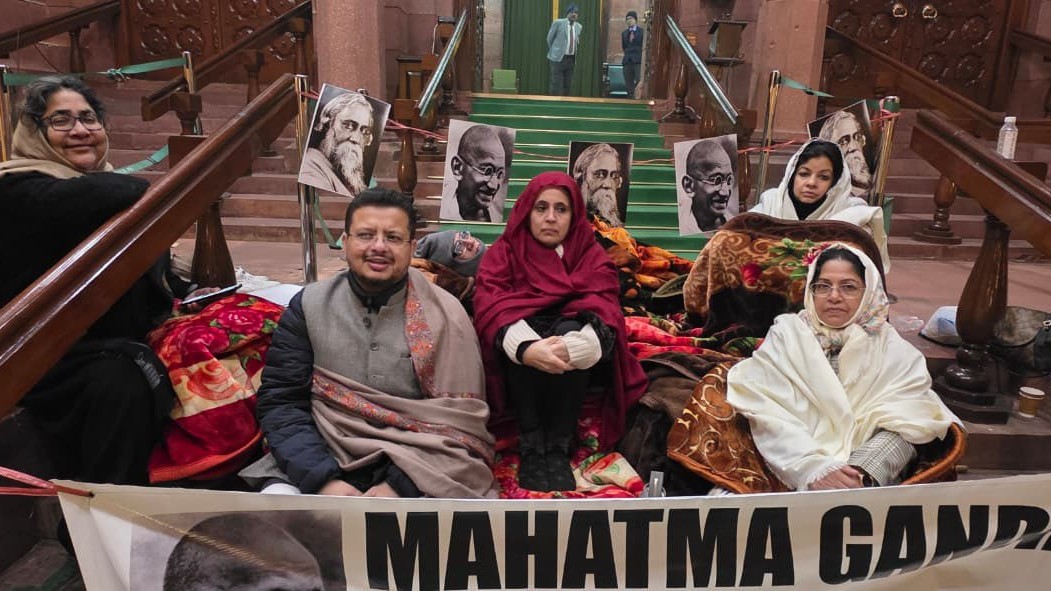
[[comment.comment_text]]